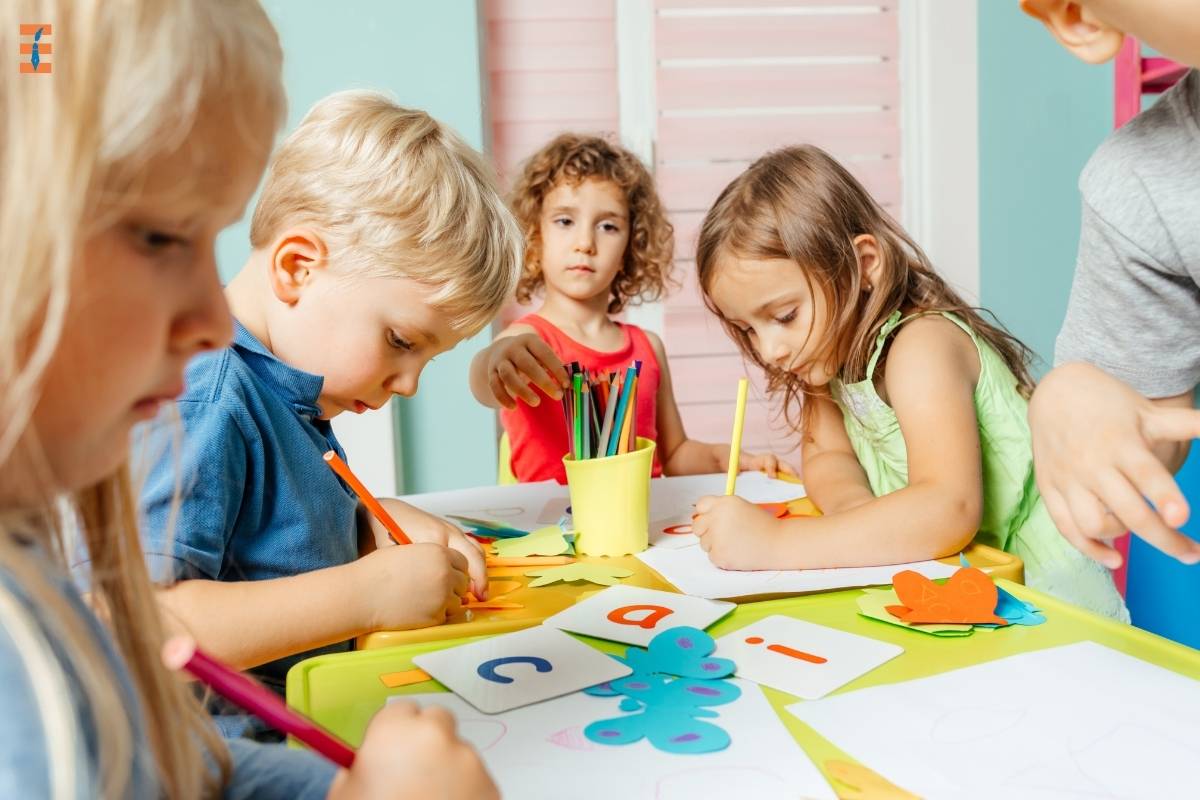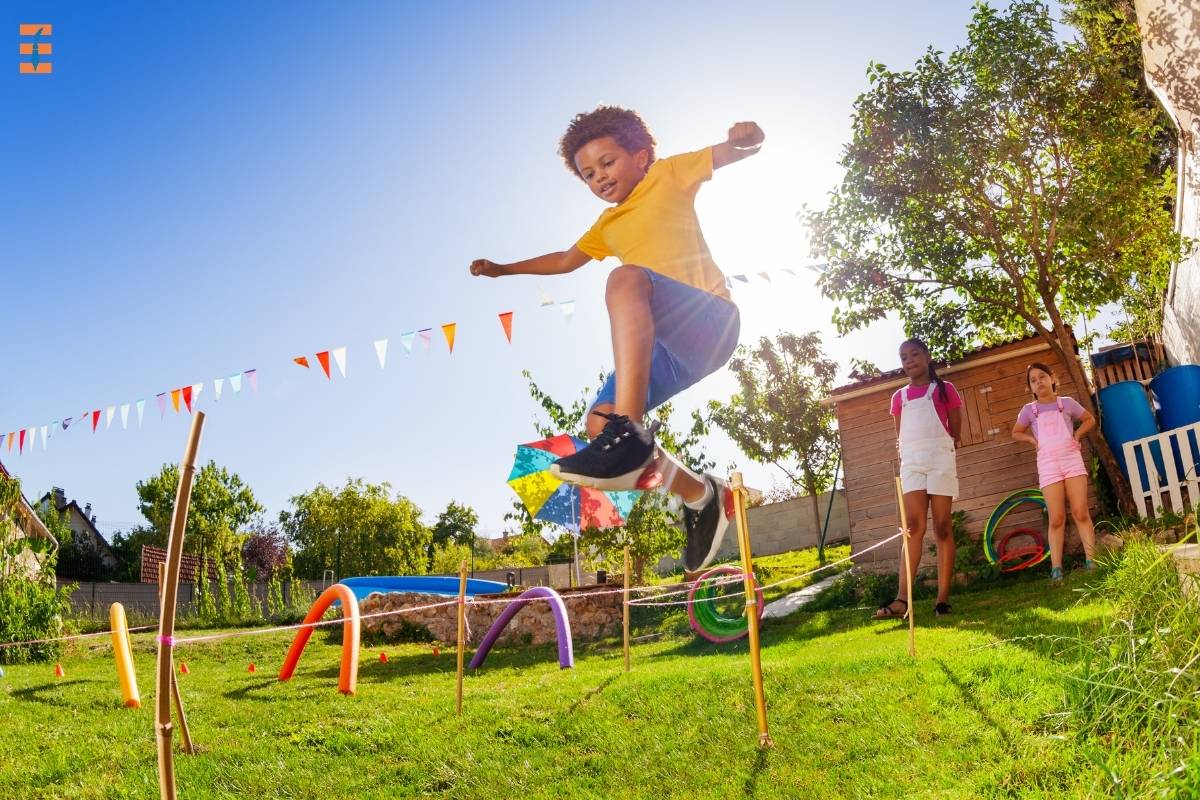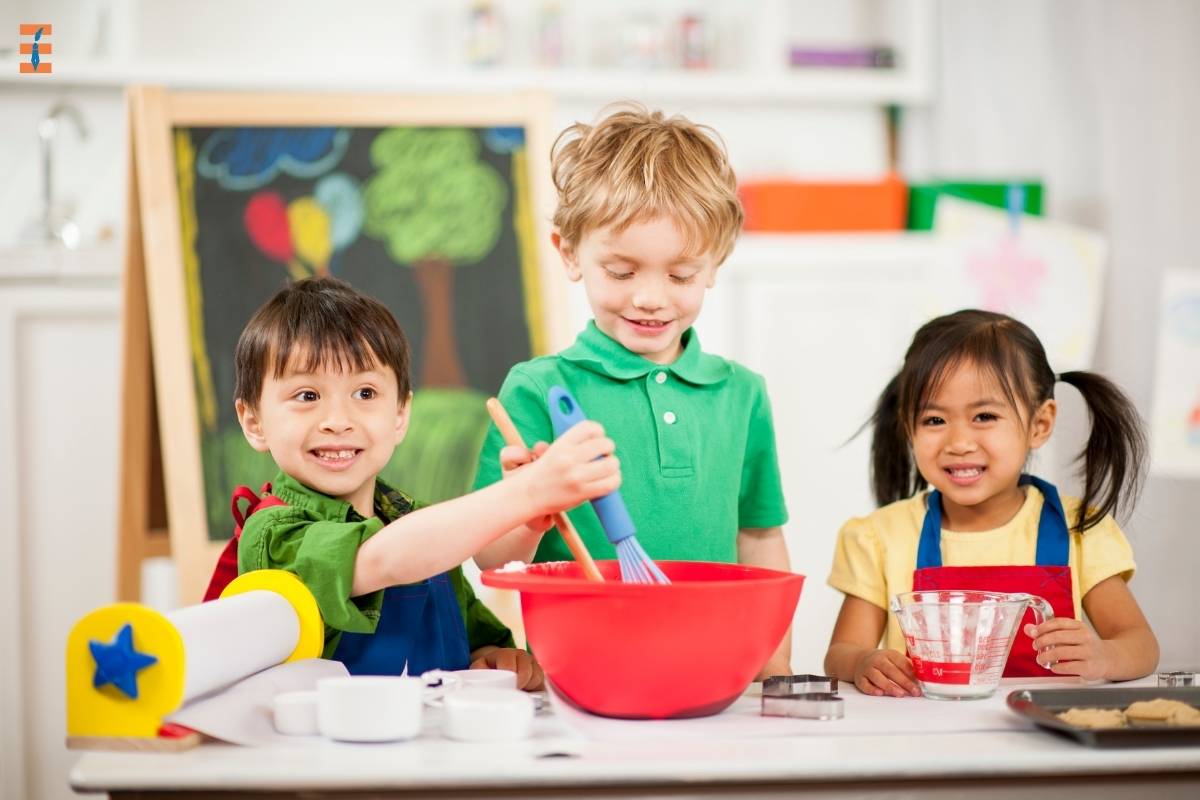Early childhood is a crucial period for cognitive, social, and emotional development. Preschoolers, with their boundless curiosity and energy, thrive when provided with a variety of engaging activities that stimulate their growing minds. This comprehensive guide explores a myriad of Activities for Preschoolers designed to captivate the attention of preschoolers while laying the foundation for essential skills and knowledge.
The Importance of Play in Early Childhood:
Play is the language of preschoolers, and it is through play that they explore the world around them, develop social skills, and build a foundation for future learning. Engaging activities for preschoolers go beyond mere entertainment; they serve as powerful tools for holistic development.
1. Language and Literacy Activities:
1. Storytime Sessions
Reading aloud is a timeless activity that introduces preschoolers to the magic of words and storytelling. Choose age-appropriate books with colorful illustrations to capture their imagination. Encourage interactive discussions about the story to enhance comprehension.
2. Letter Recognition Games

Foster early literacy skills by incorporating games that involve letter recognition. Use flashcards, magnetic letters, or even simple alphabet puzzles to make learning letters a playful and enjoyable experience.
3. Rhyme Time
Nursery rhymes and songs are not only delightful but also serve as powerful tools for language development. Engage preschoolers in singing and reciting rhymes to enhance their phonemic awareness and vocabulary.
2. Math and Cognitive Development Activities for Preschoolers:
1. Counting with Fun Objects
Turn everyday objects into counting props. Whether it’s counting blocks, toys, or snacks during snack time, these simple activities lay the groundwork for understanding numbers.
2. Shape and Color Recognition
Incorporate activities that focus on identifying shapes and colors. Use art projects, shape-sorting games, or scavenger hunts to make learning about shapes and colors an interactive experience.
3. Simple Puzzles
Introduce age-appropriate puzzles to enhance problem-solving skills. Jigsaw puzzles with large pieces or simple shape-matching puzzles help develop cognitive abilities and fine motor skills.
3. Creativity and Arts Activities for Preschoolers:
1. Mess-Free Finger Painting
Let the creativity flow with mess-free finger painting. Place paint in a sealed plastic bag and preschoolers can explore color mixing and patterns without the mess. This sensory activity stimulates both creativity and fine motor skills.
2. Craft Time
Engage in simple craft projects using safe materials. Cutting, gluing, and decorating not only nurture creativity but also refine fine motor skills. Crafts can be themed around seasons, holidays, or favorite storybook characters.
3. Dramatic Play
Set up a dramatic play corner with costumes and props. Whether it’s playing house, pretending to be animals, or taking on the roles of community helpers, dramatic play encourages imagination and social skills.
4. Physical Development Activities for Preschoolers:
1. Obstacle Course

Create a mini obstacle course using cushions, hula hoops, and tunnels. This activity not only promotes physical development but also enhances spatial awareness and coordination.
2. Dance and Movement
Incorporate music and movement into daily routines. Dancing to different beats or following simple movement patterns not only keeps preschoolers active but also contributes to their sense of rhythm and balance.
3. Nature Walks and Scavenger Hunts
Take learning outdoors with nature walks and scavenger hunts. Encourage preschoolers to observe and collect items from nature, fostering an appreciation for the environment and honing observational skills.
5. Social and Emotional Development Activities for Preschoolers:
1. Emotion Recognition
Use picture cards or drawings to help preschoolers recognize and express emotions. Engage in discussions about feelings, fostering emotional intelligence and empathy.
2. Sharing Circles
Implement sharing circles where each child can share something about their day or bring a show-and-tell item. This activity promotes communication skills, active listening, and a sense of community.
3. Cooperative Games
Introduce simple cooperative games that require teamwork. Games like “Simon Says” or collaborative building activities encourage social interaction, turn-taking, and cooperation.
6. Practical Life Skills Activities for Preschoolers:
1. Simple Cooking

Involve preschoolers in age-appropriate cooking activities. Whether it’s making a sandwich, stirring ingredients, or arranging toppings, these activities enhance fine motor skills and introduce basic kitchen knowledge.
2. Dressing Themselves
Encourage independence by incorporating activities related to dressing. Practice zipping, buttoning, and tying shoelaces, fostering fine motor skills and self-help abilities.
3. Clean-Up Time
Instill a sense of responsibility by making clean-up time a fun and collaborative activity. Assign specific tasks and use a timer to create a structured routine.
Conclusion: Fostering Holistic Development Through Play:
In the realm of early childhood education, activities for preschoolers serve as building blocks for a lifetime of learning. The activities outlined above encompass a diverse range of developmental domains, ensuring that preschoolers engage in experiences that stimulate their cognitive, social, emotional, and physical growth.
As educators and caregivers, the goal is to create a nurturing environment where learning is not a chore but a joyous exploration. By embracing play-based activities that align with the developmental needs of preschoolers, we pave the way for a future generation that is curious, confident, and well-prepared for the exciting journey of learning and discovery that lies ahead.
Also Read: Nurturing Young Minds: Exploring Elementary Financial Literacy Activities and Resources










